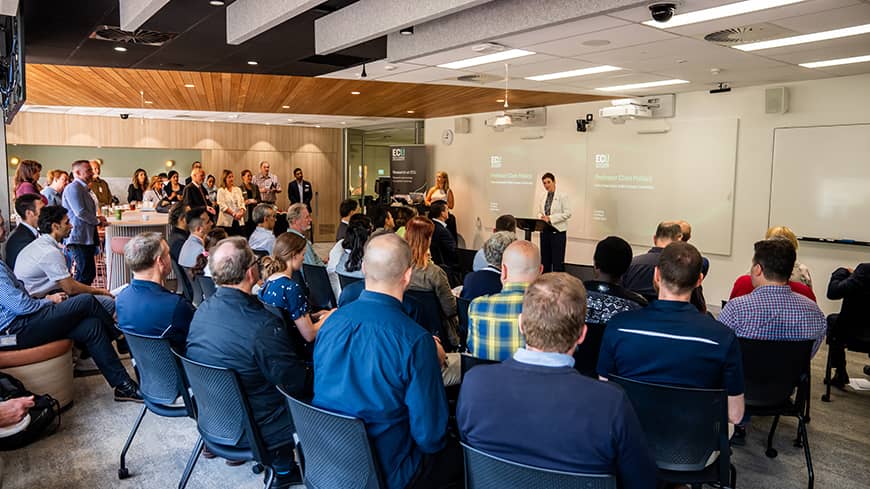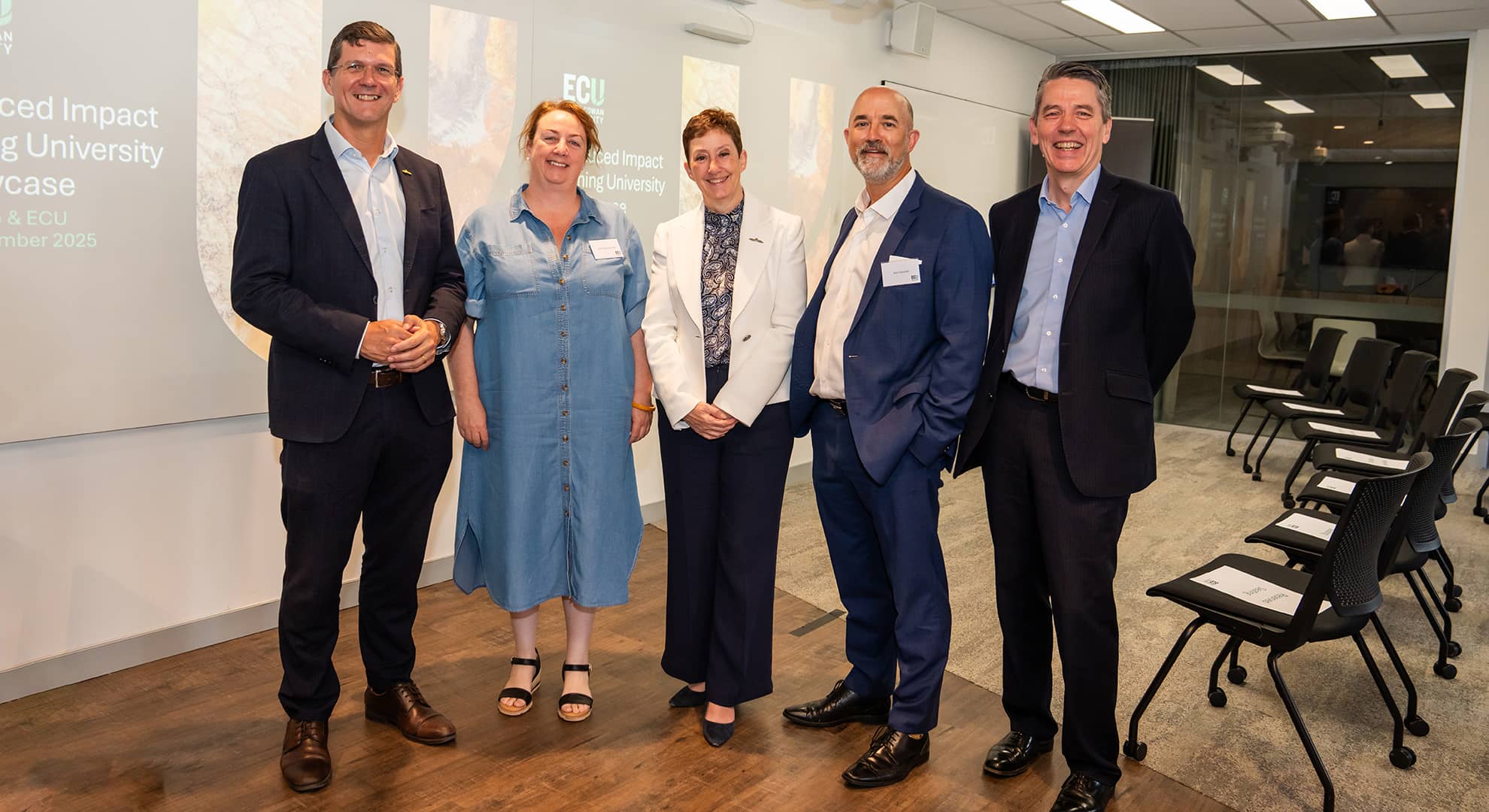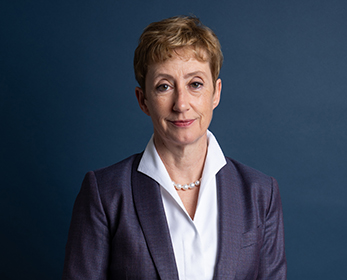Edith Cowan University (ECU) has hosted a collaborative workshop with mining giant Rio Tinto to seek innovative ways to boost efficiency and reduce the environmental and cultural footprint of the miner's operations in Australia.
The workshop united a visiting delegation from Rio Tinto with ECU senior executives and leading researchers from across the University, providing a forum for diverse expertise and perspectives to build on Rio Tinto's Reduced Impact Mining strategy.
Through this partnership approach, Rio Tinto is drawing on the engineering and research expertise of WA universities to seeking insights from universities across the state to help shape more responsible and sustainable mining practices.
Rio Tinto's General Manager – Research, Development & Studies, Sarah Carroll said the Reduced Mining Impact Strategy had identified seven key strategic pillars that would underpin its transition to reduce the impact of mining operations and transform the company's current development trajectory and established practices. The seven pillars include heritage, environment, water, mining, tailing, rehabilitation and remote operations.
 Professor Clare Pollock addressed the delegation.
Professor Clare Pollock addressed the delegation.
In her welcome, ECU Vice-Chancellor Clare Pollock said that the challenges faced by the mining industry was not confined to one discipline, and would require creative collaboration across engineering, science, technology, the social sciences and the arts.
"While universities can sometimes seem removed from the coalface, research and innovation have a critical role to play in addressing the real challenges facing industry, whether that is the increasing complexity of orebodies or new approaches needed to reduce environmental impact," she said.
Professor Pollock highlighted the work already being done by the various centres at ECU, which are addressing critical issues facing the mining industry, including the Mineral Recovery Research Centre, the Centre for Sustainable Energy and Resources, the Centre for Green and Smart Energy Systems and the Centre for Conservation and Biodiversity.
She added that partnerships such as those with the Fraunhofer Institute for Ceramic Technologies and Systems also had the potential to deliver support to industry partners within the mining sector.
"By contributing our diverse expertise and creative thinking across disciplines, ECU can play a pivotal role in shaping practical solutions that support Rio Tinto's Reduced Impact Mining Strategy," Professor Pollock said.
To learn more about ECU's research centres, head to Research activity.

 ECU Executives met with a delegation from Rio Tinto.
ECU Executives met with a delegation from Rio Tinto.



